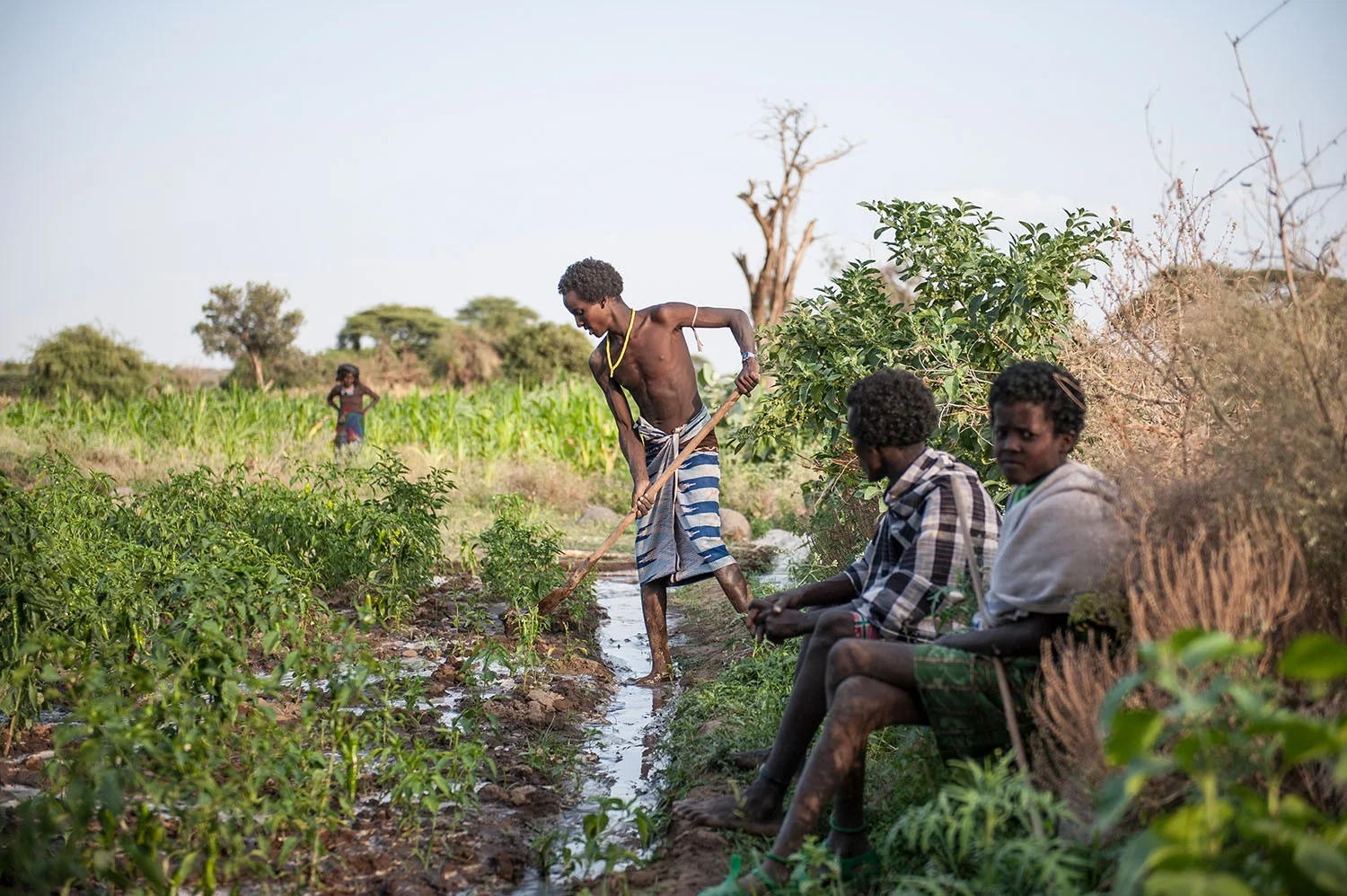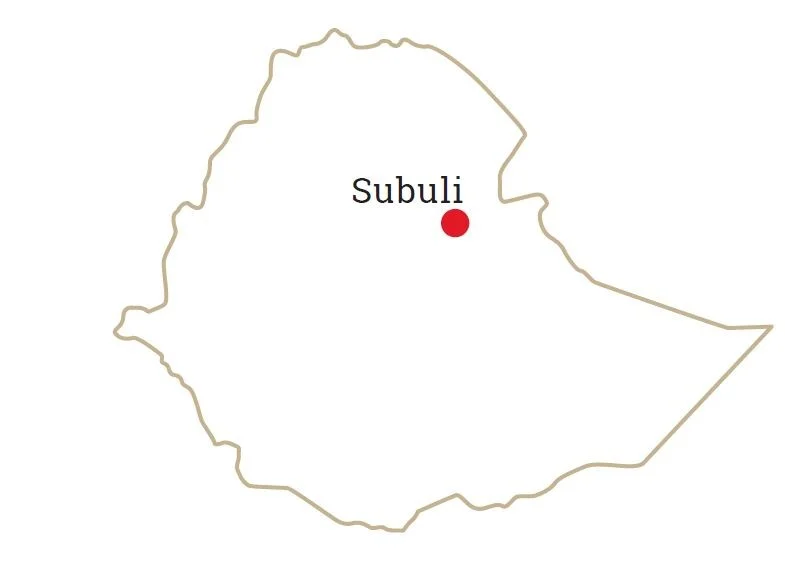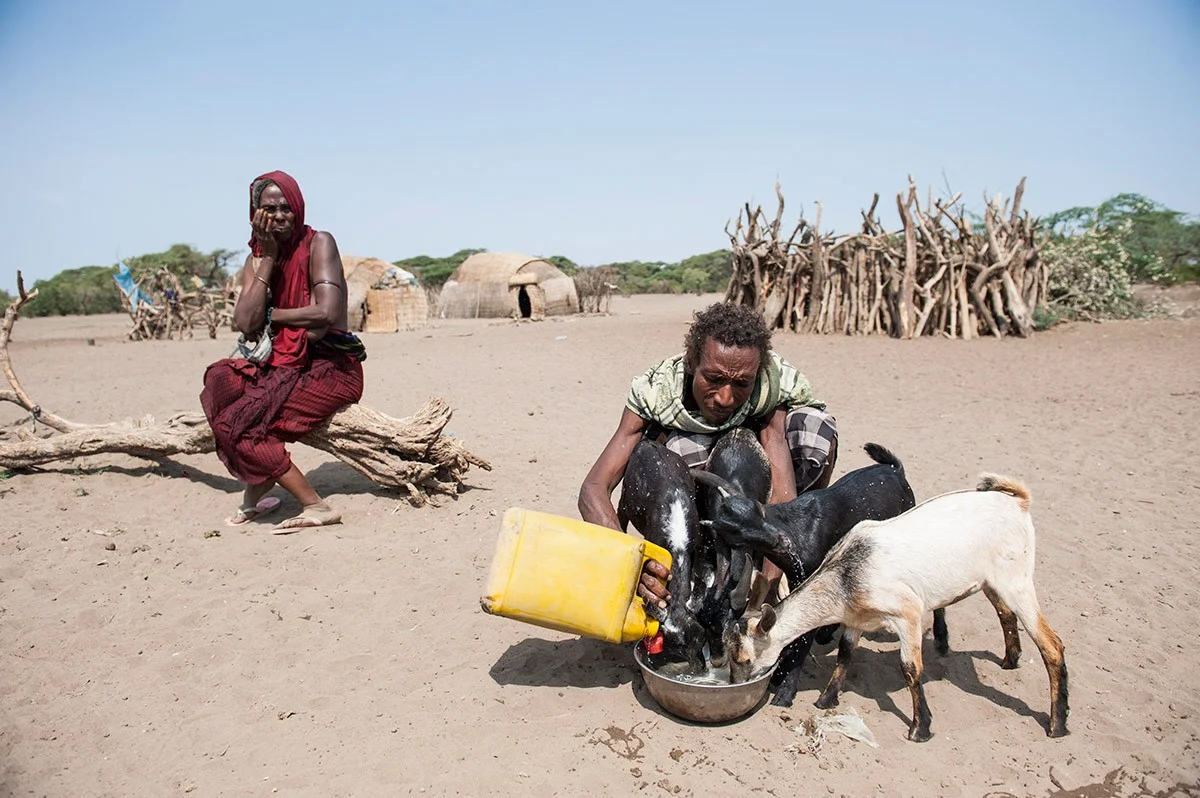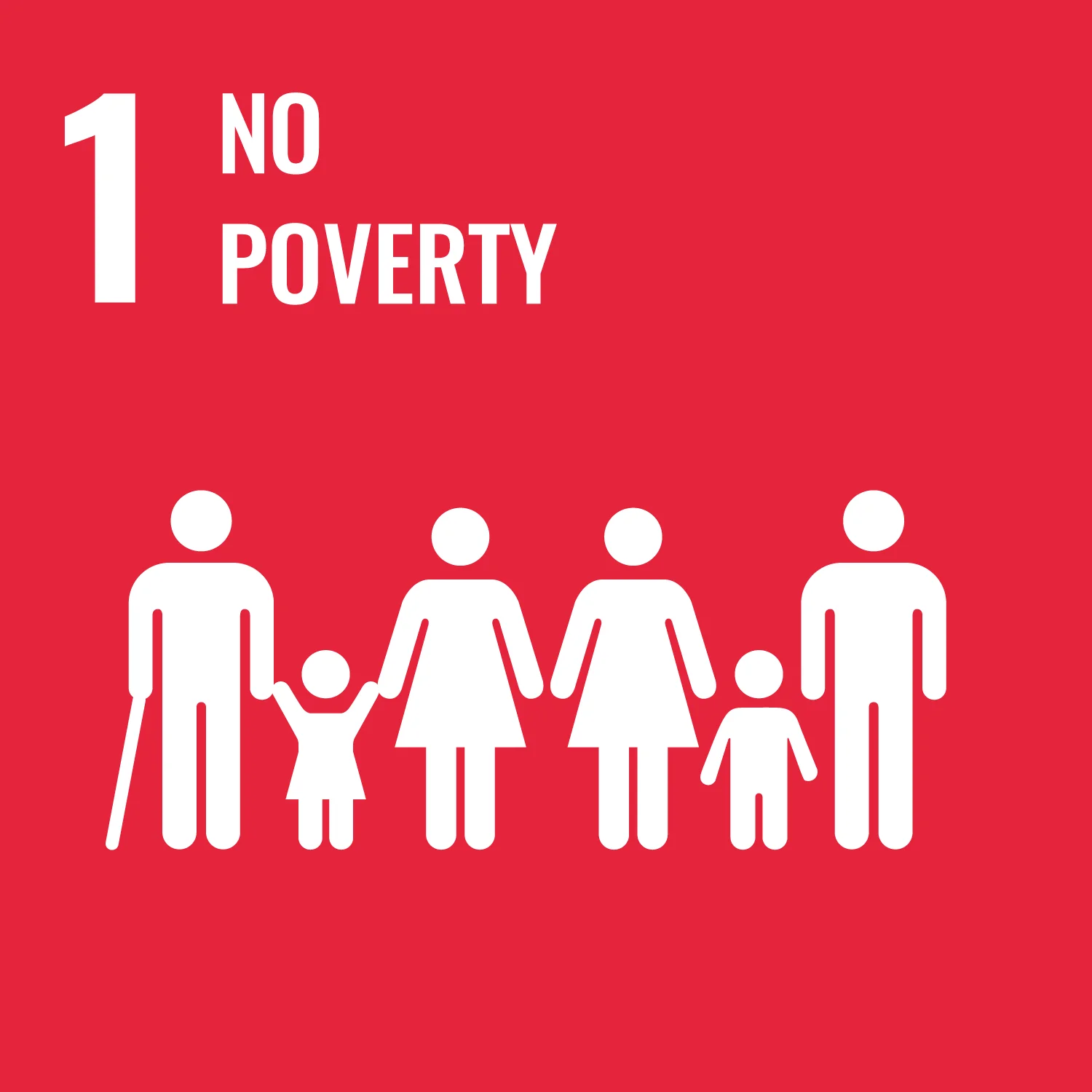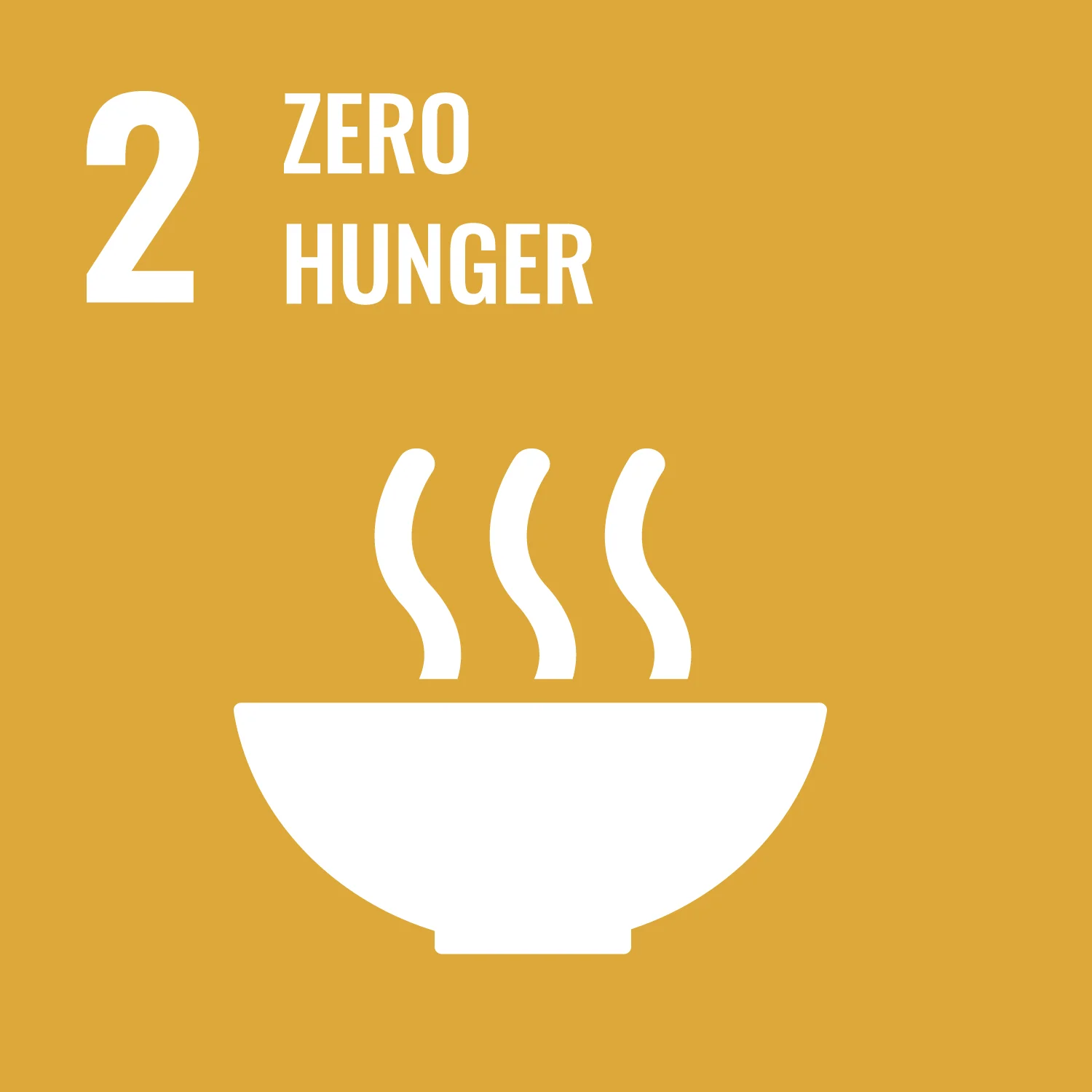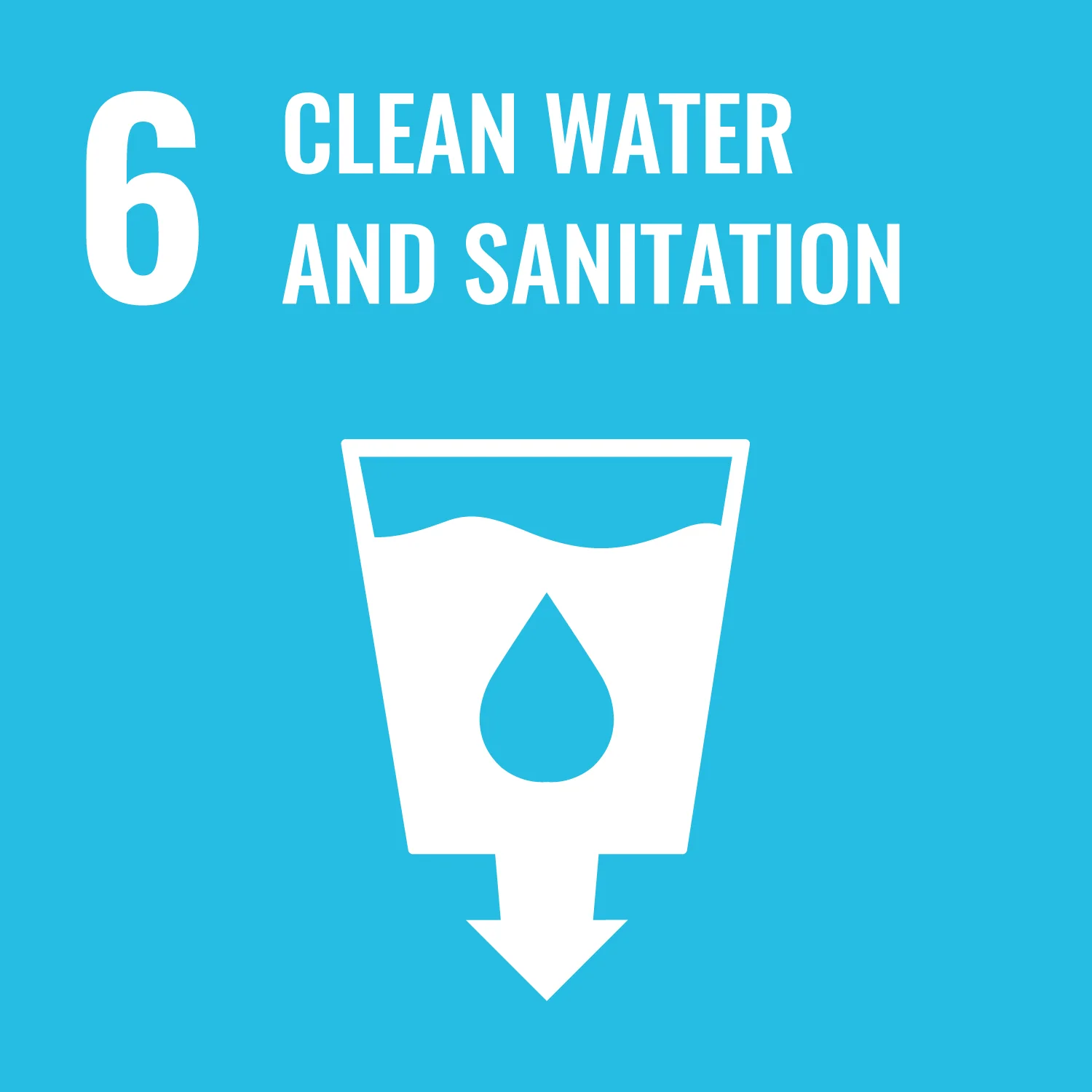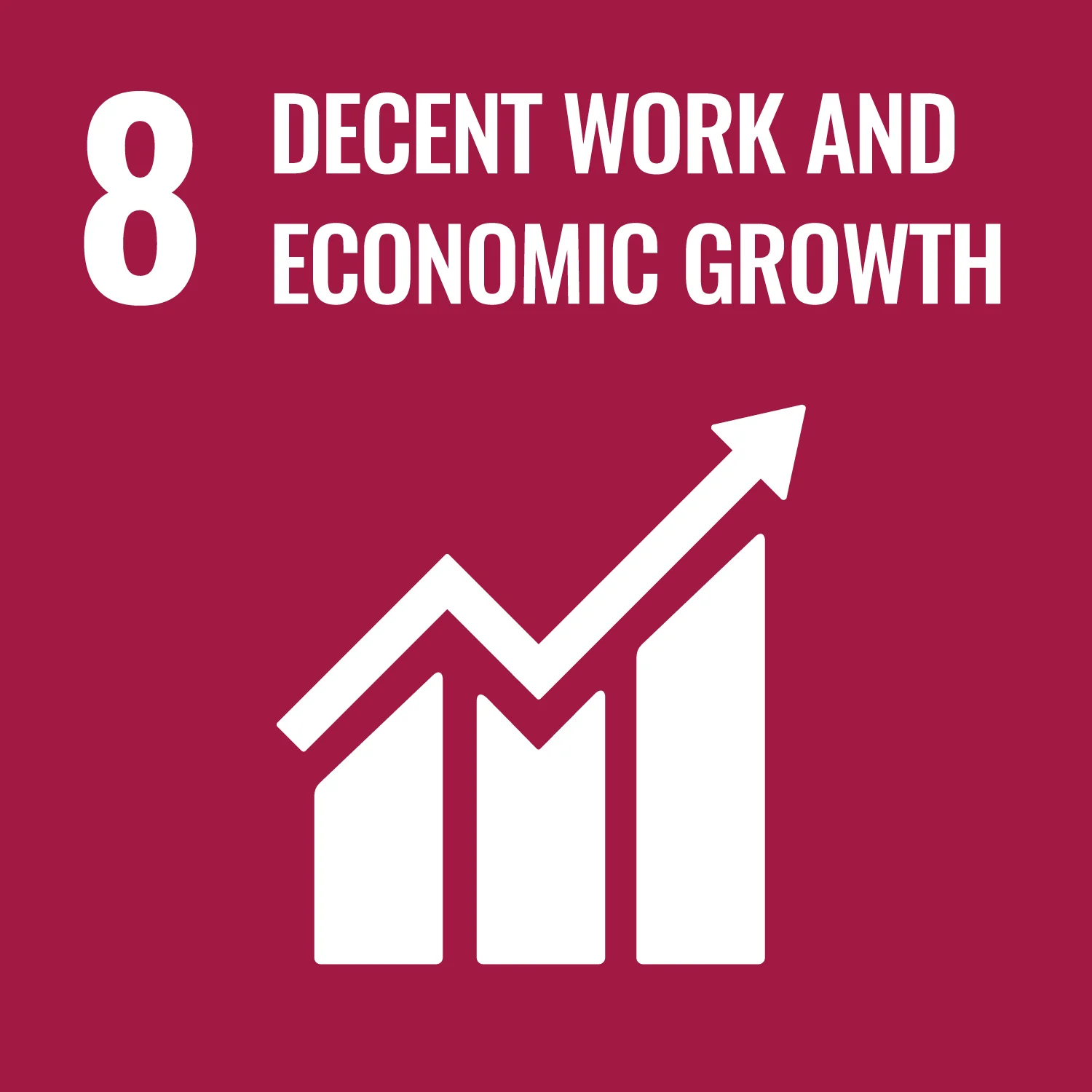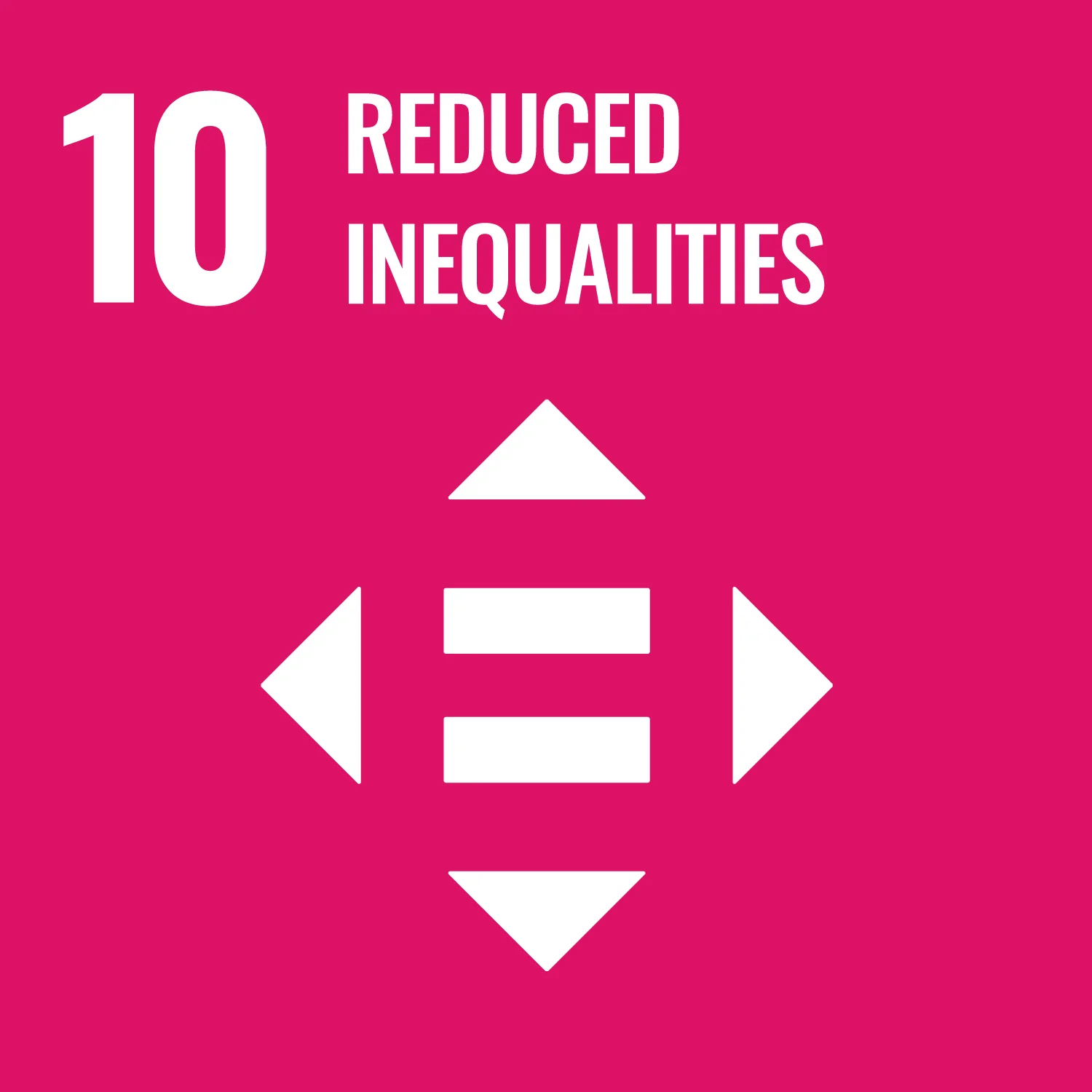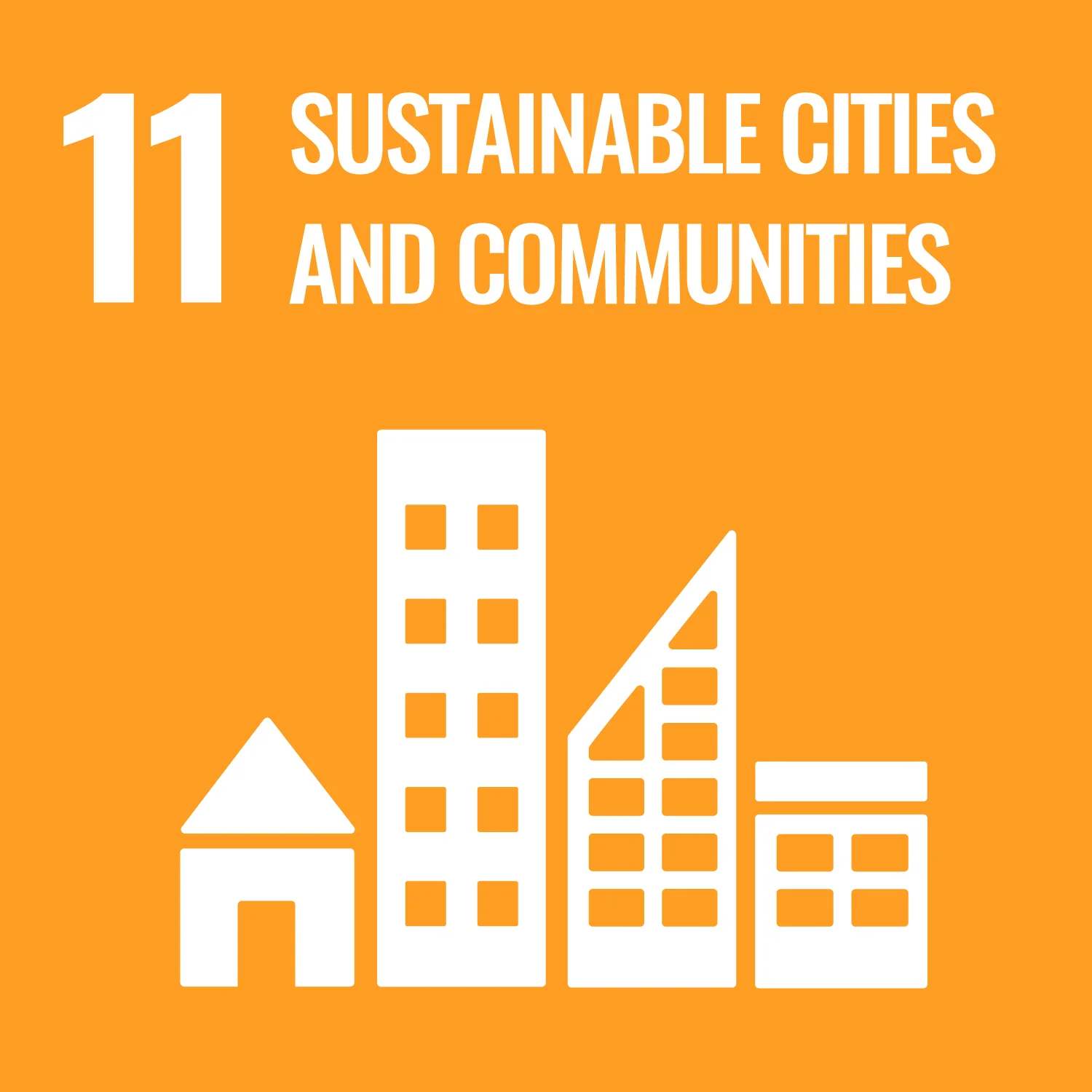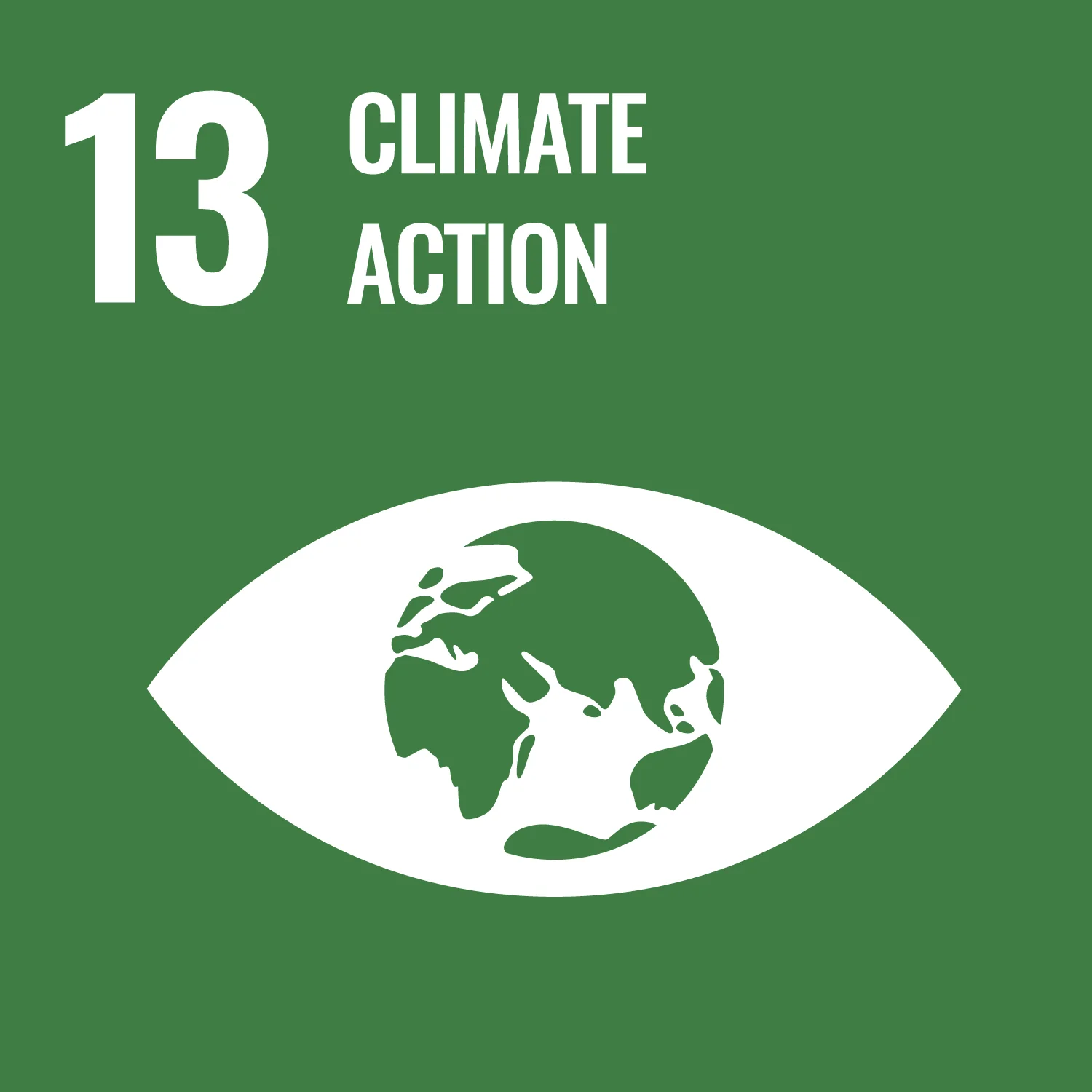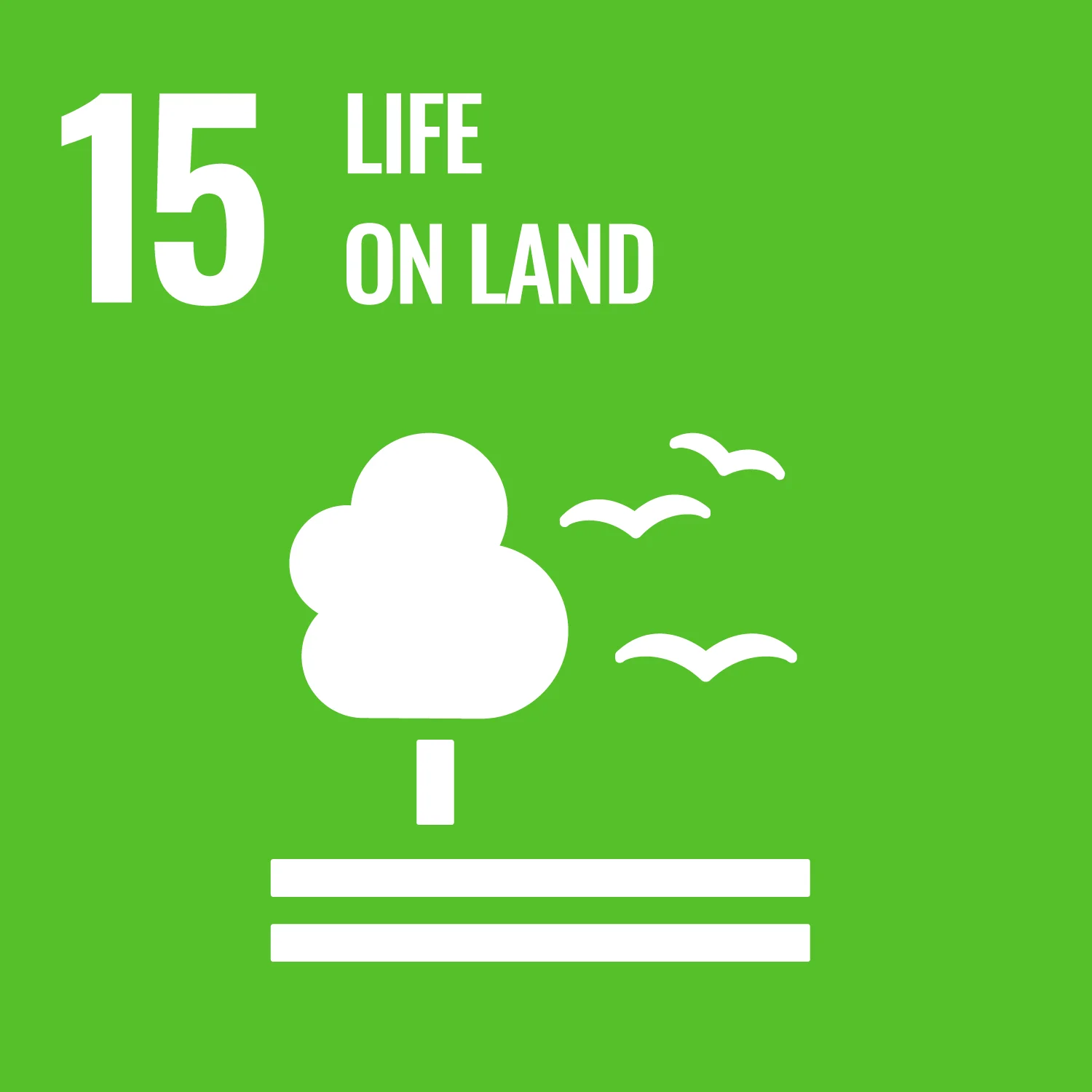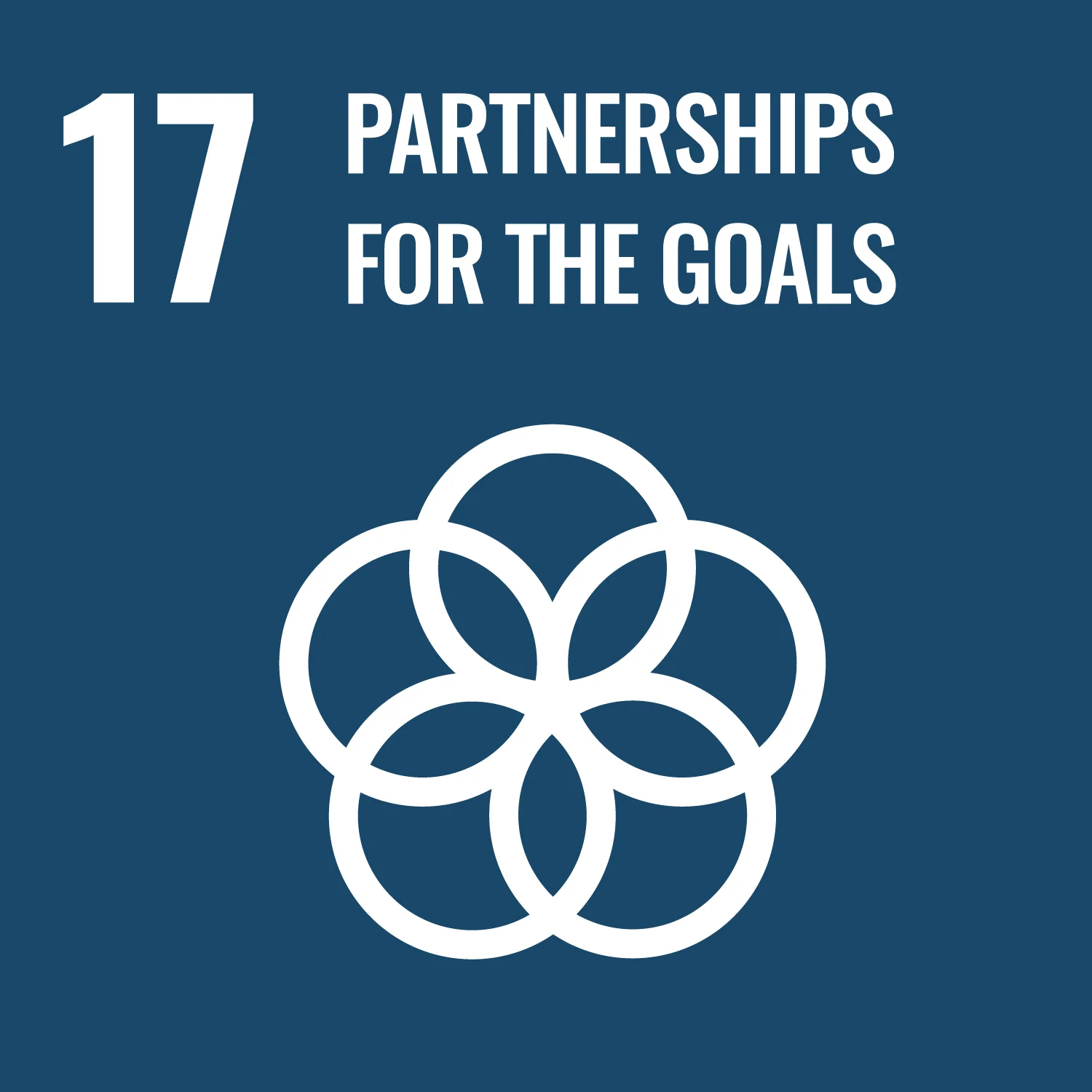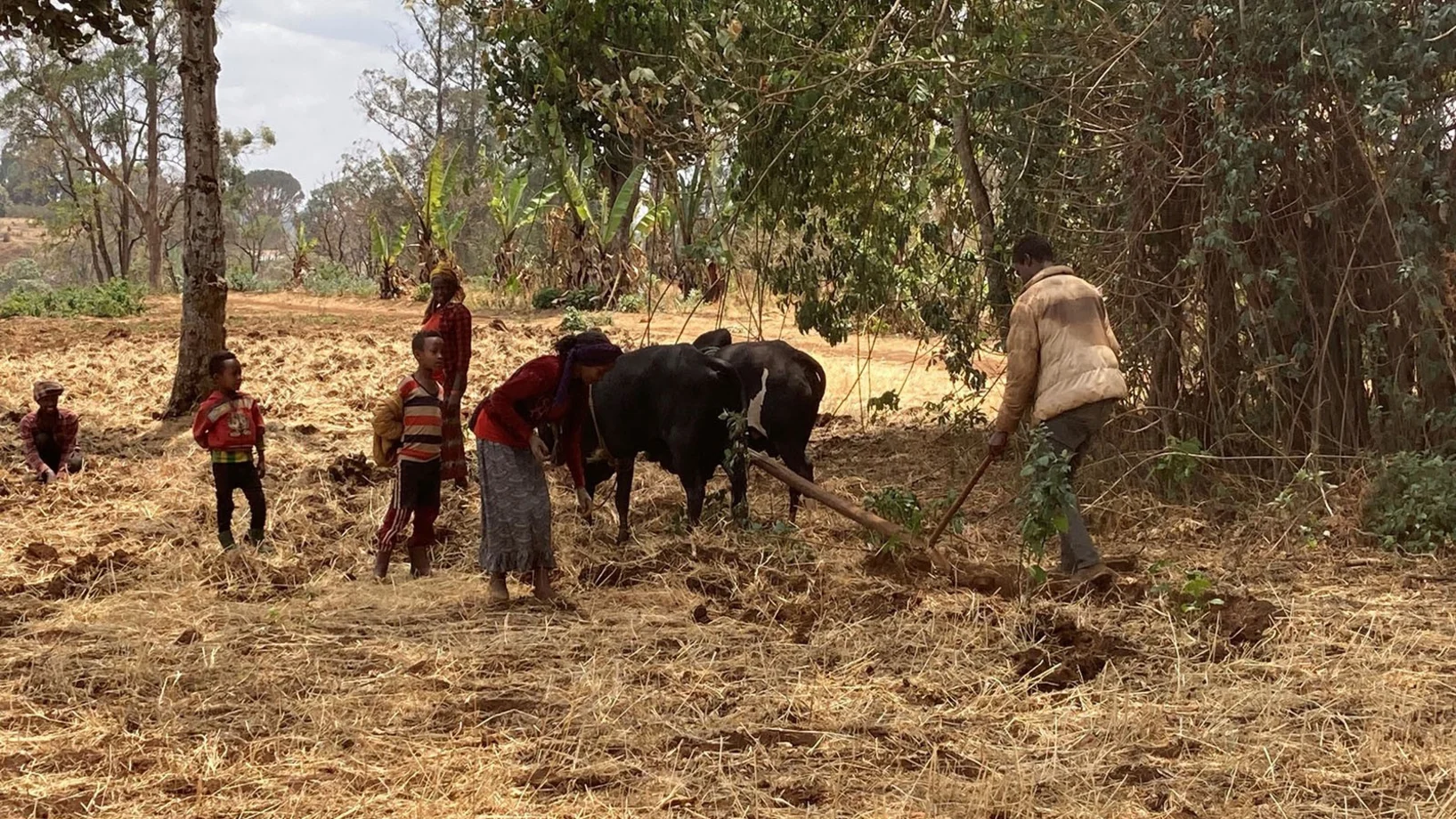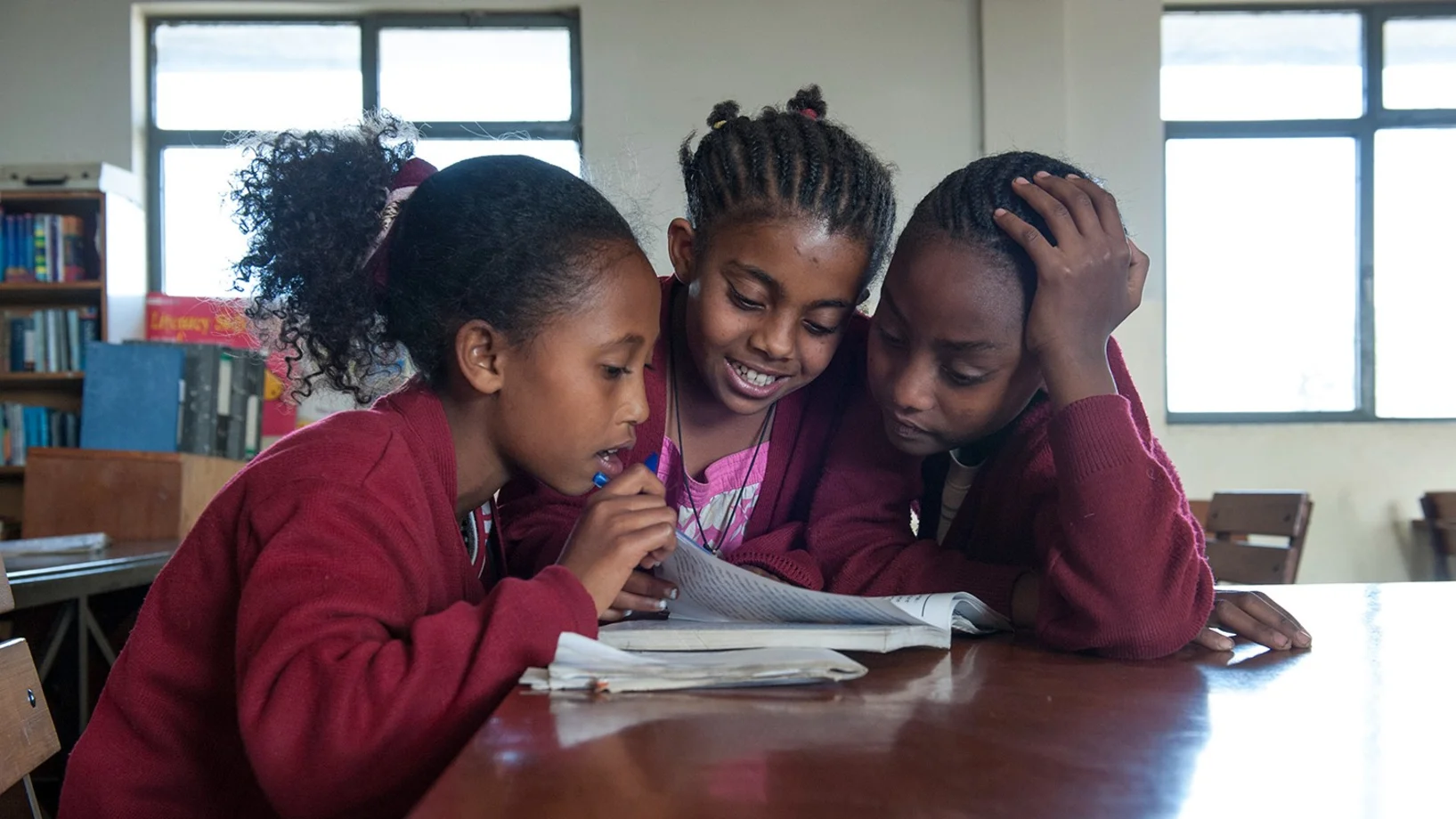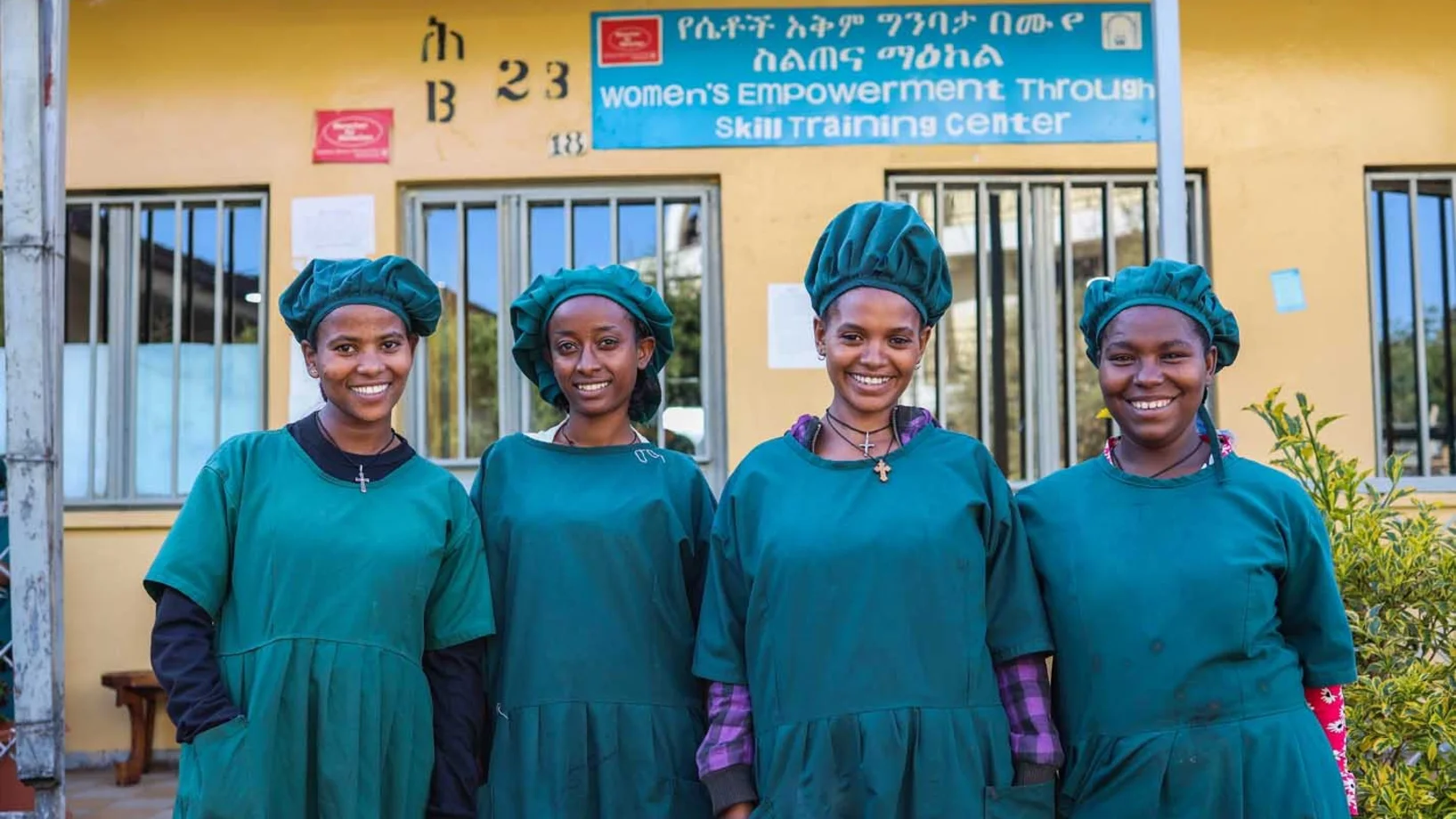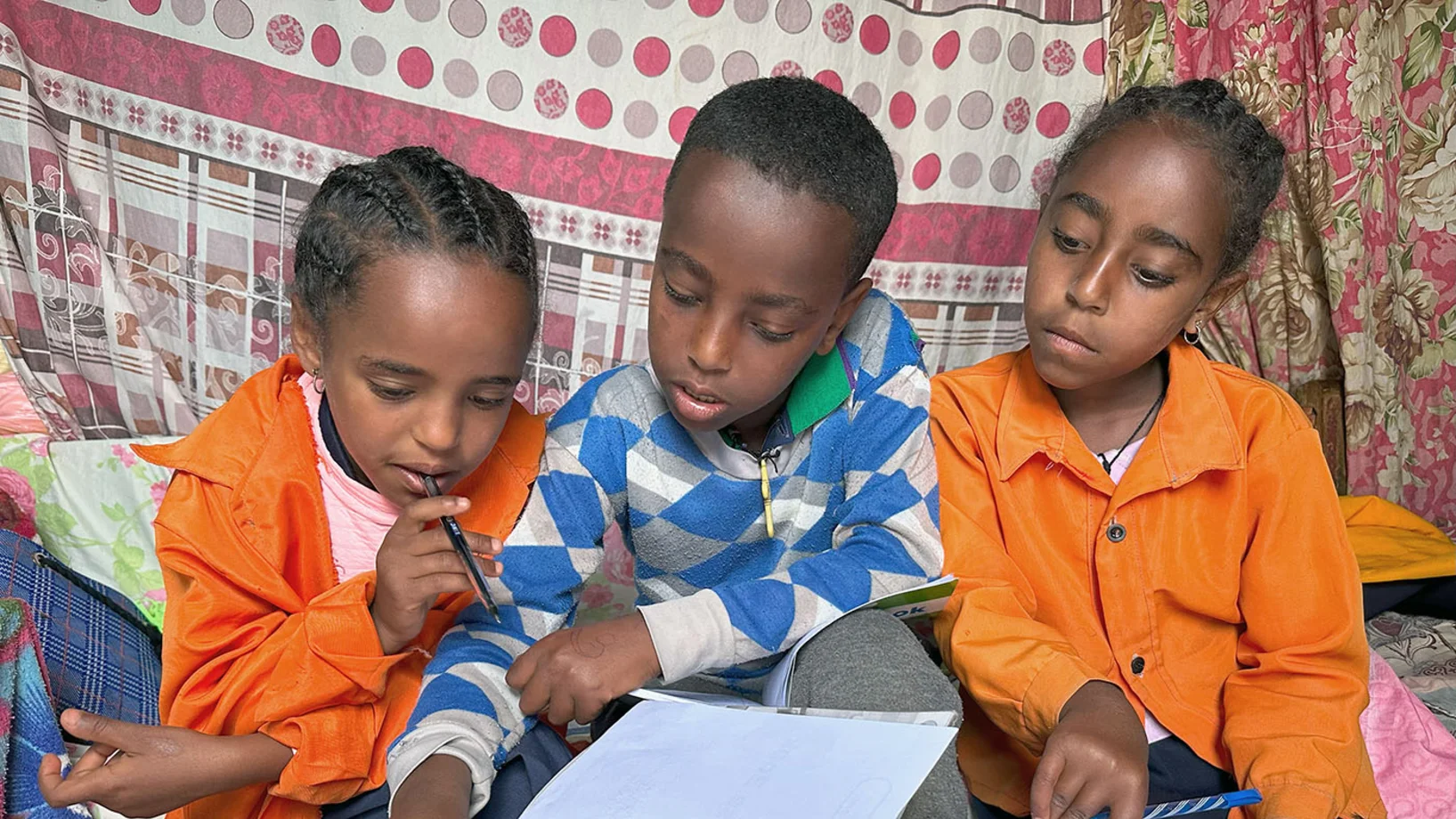Project goals
The food supply and future of nomadic families is secured. Natural resources are preserved or restored. The role of women in the traditionally male-dominated Afar society is strengthened.
The project
The Arso River flows through the remote Subuli administrative district in the Bure Mudaytu district - one of the few rivers in the Afar region that has water all year round. Menschen für Menschen uses the water of the Arso to create new gardens and farmland for agriculture: canals with a total length of 13 kilometers will irrigate an area of 100 hectares.
In the current drought and hardship, the construction project will provide 500 nomads with work and a living in the short term. Only members of the poorest families will be employed. As unskilled workers, they will receive local daily wages and will be able to use this to buy basic foodstuffs for their families.
In the long term, the agricultural project makes those in need independent of droughts. The irrigated land ensures that 300 families will have enough to eat for many years to come. In addition, the Afar earn much-needed income by selling surplus vegetables in the markets of the nearest towns, which they can use to buy goods such as soap, batteries or school notebooks.
The project also offers 200 women training in economics and start-up capital. With this, they can start small-scale trading, run a small coffee house or fatten goats. The foundation is thus following an important insight of its founder, Karlheinz Böhm: in traditional societies, women's potential is often suppressed; poverty reduction and development also lead to strengthening the role of women.
In order to reach the families in need, Menschen für Menschen and the Ethiopian partner organization SSD work closely with the local authorities. The elders, i.e. people of authority and respect in the society of the Afar nomads, are also involved.
Sustainable Development Goals (SDGs)
With the 2030 Agenda, the United Nations has formulated 17 goals for sustainable development. The Sustainable Development Goals (SDGs) are a roadmap for the future that enables a dignified life while preserving the natural foundations of life. With this project, we have contributed to achieving the following goals:
